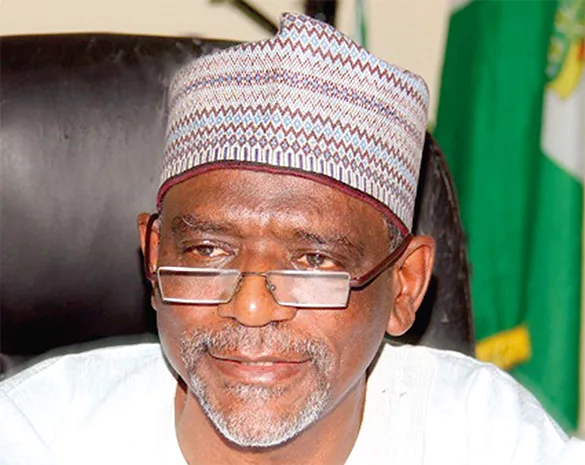The Academic Staff Union of Universities (ASUU) has extended its national strike by four more weeks, which further dampens the hope of Nigerian students of returning to their various citadels of learning.
The striking lecturers shut down public universities on February 14, 2022, following the inability of the federal government to implement a Memorandum of Action (MoA) entered by the two parties in 2020.
ASUU’s decision to extend the strike is coming a few days after President Muhammadu Buhari ordered the minister of Labour and Employment, Chris Ngige, to hand off negotiations with the ASUU to the minister of Education, Adamu Adamu.
However, ASUU yesterday extended the ongoing strike by another four weeks after its roll-over strike expired on July 31, 2022.
The Union’s president, Prof Emmanuel Osodeke, disclosed the union’s decision in a press statement titled, “Review of the Roll-over Strike.”
He said the National Executive Council (NEC) of the Union took the decision after extensive deliberations and taking cognisance of the government’s past failures to abide by its timelines in addressing issues raised in the 2020 FGN/ASUU Memorandum of Action (MoA).
Osodeke said NEC resolved that the strike be rolled over for four weeks to give the government more time to satisfactorily resolve all the outstanding issues.
The role-over strike action, according to him, is with effect from 12:01 am on Monday, August 14, 2022.
The NEC meeting took place against the backdrop of the government’s obligations as spelt out in the Memorandum of Action (MoA) it signed with ASUU on December 23, 2020.
Meanwhile, the National Association of Nigerian Students (NANS) has pleaded with ASUU to consider the students and call off the strike, saying students are tired of staying at home.
The national president of NANS, Comrade Sunday Asefon also said it is waiting for the two weeks ultimatum given to Minister of Education, Malam Adamu Adamu before it will take the next line of action.
The students urged president Buhari to sack the minister if he fails to resolve the issue within the two weeks given to him.
“We joined the protest that was called by NLC and we are waiting patiently to see the outcome of the two weeks ultimatum given to the minister of education by the President of the Federal Republic of Nigeria to resolve this lingering issue and I hope these two weeks ultimatum will elapse by this week or there about.
“So, if at the end of the day ASUU could not find an equilibrium to resolve the issue as has been directed by the president like we have been agitating that the president should remove the minister of education to pave way for someone who can pay attention to the issue of education and resolve it. We are keenly waiting and we have not seen where the minister and the ASUU leadership have met since the beginning of two weeks ultimatum given by the president.
“I hope and I pray because we are tired of staying at home. If he has failed, he has not only disappointed the Nigerian students but the president of Nigeria will know he has failed him and such a person should not remain in office and pave way for a competent person,” Asefon said.
Again, we still appeal to the leadership of ASUU that they also should try as much as possible to reconsider us and see if they eventually meet with the minister.
Meanwhile, some students who spoke in separate interviews with our correspondent lamented the continuous effect of the strike.
“This strike is affecting me but what will I do? Last month I decided to look for a job, but it is not easy getting one.
“To get a University education has become a crime in this country. One will be in school for one year and sit at home the next. Both the federal government and ASUU should end the strike. The effect is becoming too much,” said Victoria Ugwu, a 100-level student of Nasarawa state university, Keffi.
While begging ASUU to consider students’ plight and call off the strike, a 100-level student of Micro Biology, University of Agriculture, Makurdi, Cletus Uba said the Union should call off the strike and wait for a new government to settle their demands since the present administration is not showing willingness to do so.
“ASUU should suspend the strike and wait for a new government in 2023. A new government may engage ASUU and meet their demands rather than depending on an outgoing government to settle your demands.”
Efforts to get reactions from the federal ministry of education on the strike proved abortive after calls put through to the director of press and media relations, Ben Goong was not answered.





